 Eli Roth and AMC make History with a seven part look at horror cinema. 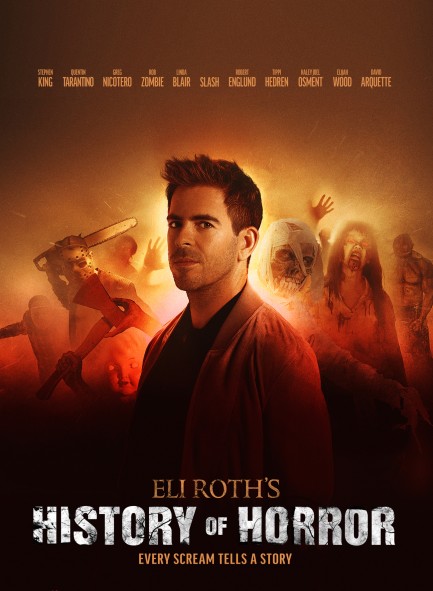
Those of you in the U.S. who appreciate horror cinema may want to carve out a little time Sunday night for the final episode of the retrospective Eli Roth's History of Horror. It's been airing weekly on the cable network American Movie Classics, aka AMC, since mid-October. Though the British network BBC broadcast a very good three part horror retrospective in 2010 (and it even had a similar title—A History of Horror), genre landscapes shift quickly. The Brit series was made before important films like Get Out, It, Let Me In, its remake Let the Right One In, et al hit cinemas. Eli Roth's History of Horror is a newer and deeper look at fright films. Each 60-minute episode focuses on a specific type of terror, such as vampires, monsters, demons, and slashers.
Overall the series is great. Roth discusses not just the movies, but horror's cultural impact, and weights those observations toward the last ten years. Because of the change that has occurred this decade those sections resonate nicely. Horror's ability to make social issues digestible as allegories is a key part of the form's worth. For instance, Get Out's idea of the sunken place, a metaphor for living (and dying) while black in America, would be rejected by many white filmgoers if it were in a standard narrative. But for us the social impact of horror movies is merely a bonus. We love them viscerally first, intellectually second. We love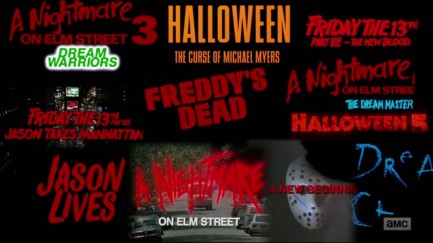 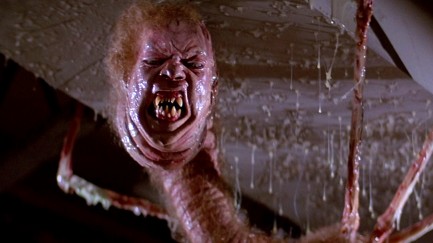 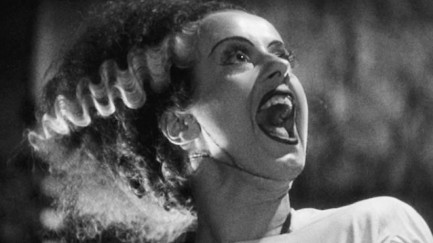 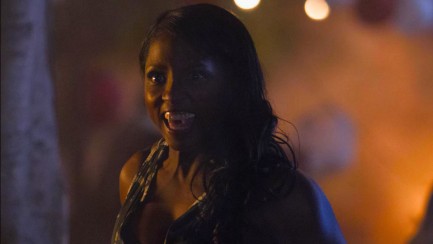 the tension that results from not knowing—usually, at least—which characters will survive. We love how the films' kinetic and often low budget natures lead to amazing little accidents, such as the bit in The Texas Chainsaw Massacre when Leatherface grabs Teri McMinn on the porch of his house and both the girl's sandals fly off. That sort of detail isn't in a script. It happens during the shoot, and the director thanks the filmic gods for the extra iota of serendipitous realism. the tension that results from not knowing—usually, at least—which characters will survive. We love how the films' kinetic and often low budget natures lead to amazing little accidents, such as the bit in The Texas Chainsaw Massacre when Leatherface grabs Teri McMinn on the porch of his house and both the girl's sandals fly off. That sort of detail isn't in a script. It happens during the shoot, and the director thanks the filmic gods for the extra iota of serendipitous realism.
While very good, the series isn't perfect. In the episode on zombies, Roth discusses slow moving zombies for a while, then erroneously credits the arrival of speedy zombies to Danny Boyle 2002 hit 28 Days Later. But it was 1985's Return of the Living Dead that featured the first sprinting zombies in an American movie, and this was preceded by the 1980 Italian zombie epic Incubo sulla città contaminata, aka Nightmare City. We also were surprised Near Dark was ignored in the vampire episode. Time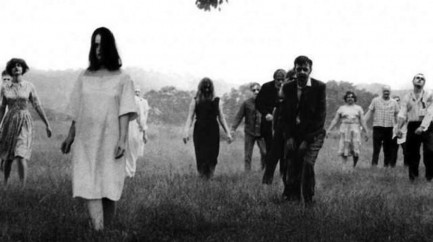 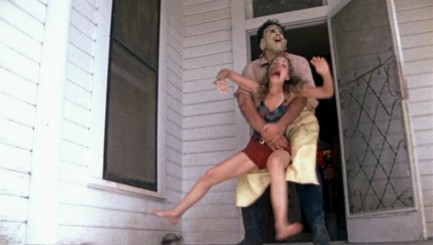 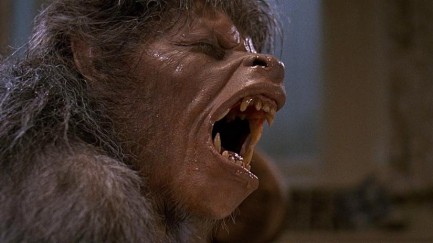 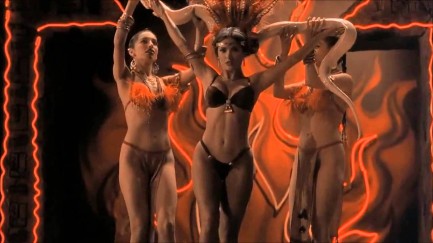 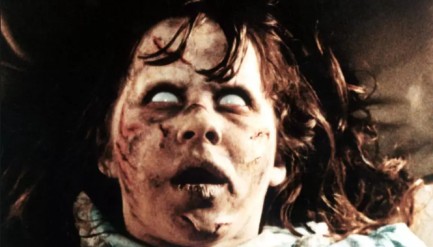 has shown it to be better and more influential than The Lost Boys, which was discussed at length. If you doubt that, note that Near Dark's critic score on Rotten Tomatoes is 88%, while Lost Boys' is 27%. Critics are often wrong, especially when it comes to horror, but that level of variance is no fluke. And just to settle the argument, the audience rater on that website also prefers Near Dark. We suspect either box office receipts or Roth's personal preference played a role there, when quality should have been the deciding factor. has shown it to be better and more influential than The Lost Boys, which was discussed at length. If you doubt that, note that Near Dark's critic score on Rotten Tomatoes is 88%, while Lost Boys' is 27%. Critics are often wrong, especially when it comes to horror, but that level of variance is no fluke. And just to settle the argument, the audience rater on that website also prefers Near Dark. We suspect either box office receipts or Roth's personal preference played a role there, when quality should have been the deciding factor.
But we were gratified to see that many of our cherished beliefs were echoed by Roth and his co-hosts Rob Zombie and The Walking Dead producer Greg Nicotero. Yes, the towering werewolf from The Howling is the scariest ever put on screen. Beyond a doubt, John Carpenter's The Thing, which was close to universally panned upon release, is a top tier thriller. We're anticipating the segment on ghosts, the focus of Sunday night's series finale. We imagine these were saved for last because viewers are most interested in the subject, a curiosity that derives from the fact that many people actually believe ghosts exist. We expect the episode to discuss such old and new classics as The Haunting, The Shining, The Ring, and The Woman in Black. We'll see. But no spoilers, please. If you're in the States you can watch it before we do, whereas we'll have to (totally legally, we swear) download it the next day. But whenever you watch it, the show has been a nice treat for horror aficionados. 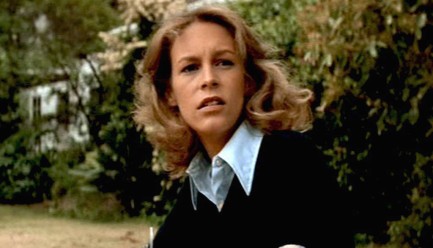 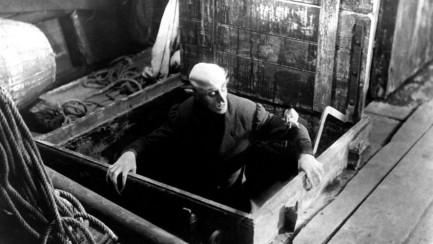  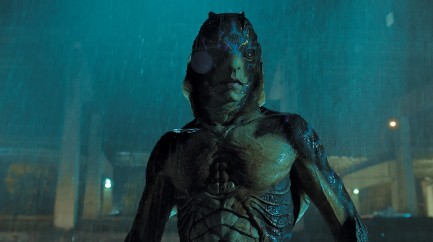 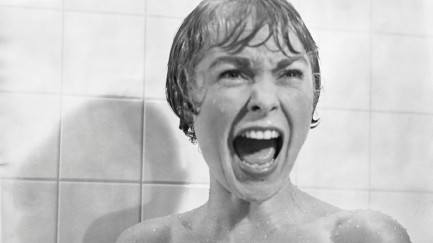
 Horror is a universal language 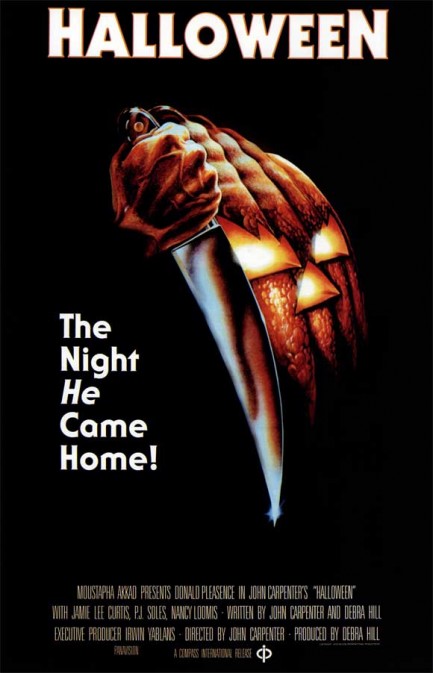 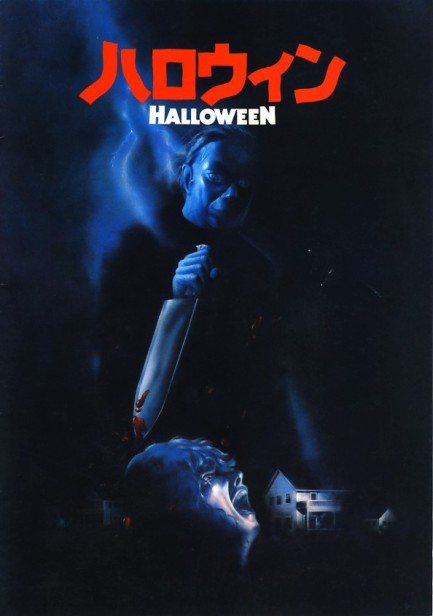 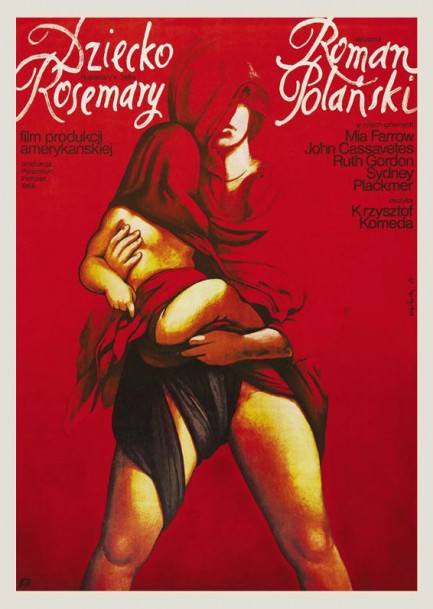 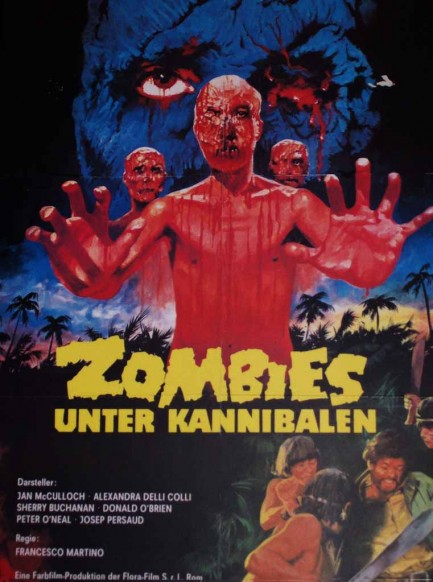 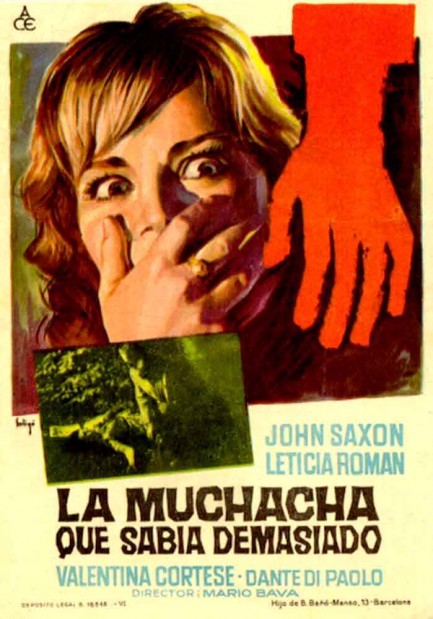 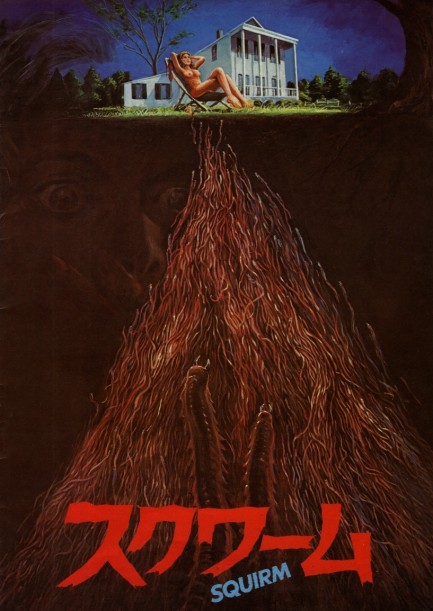 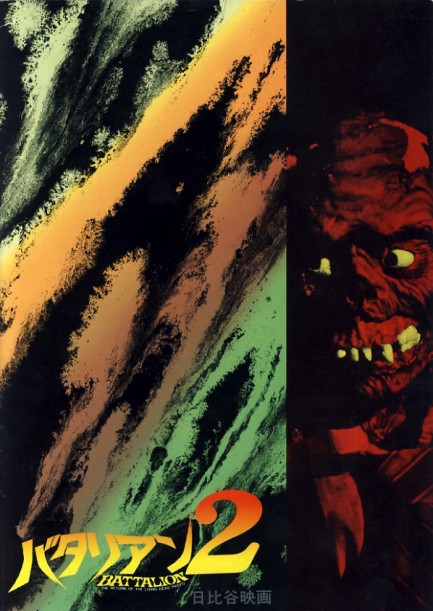 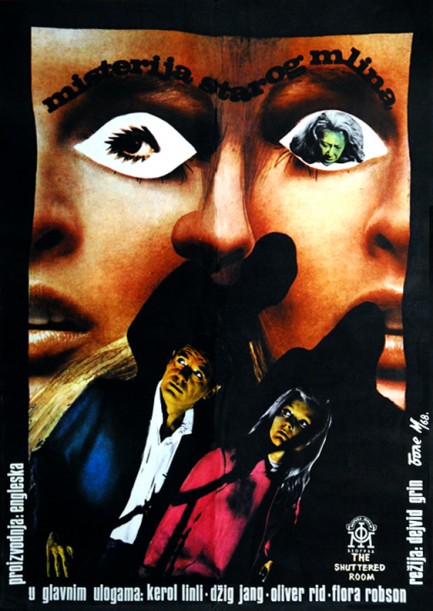 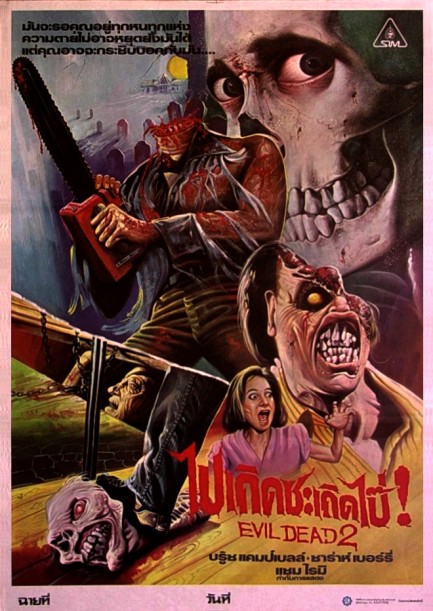 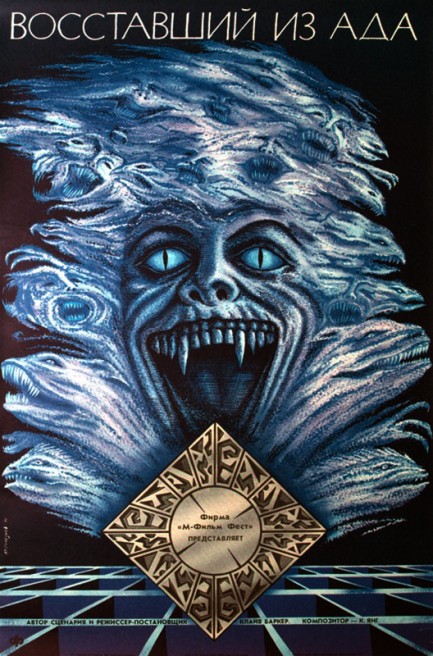 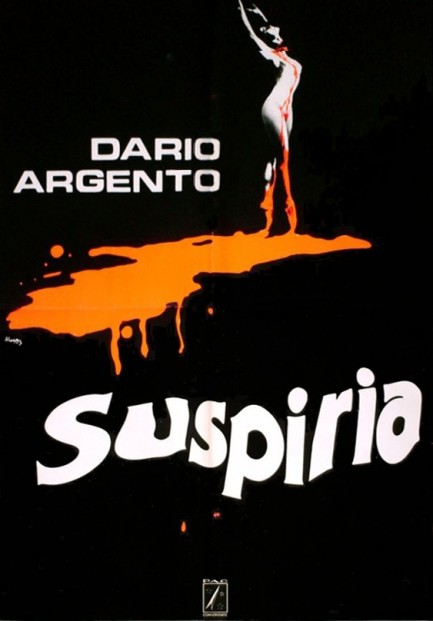 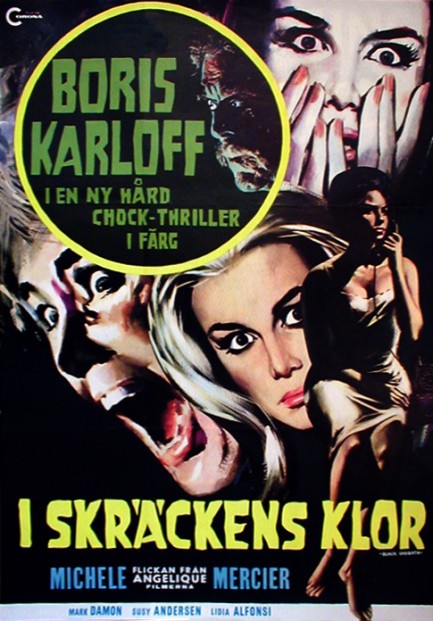 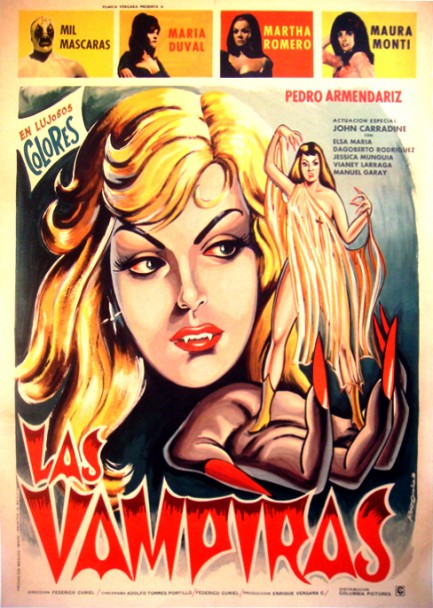 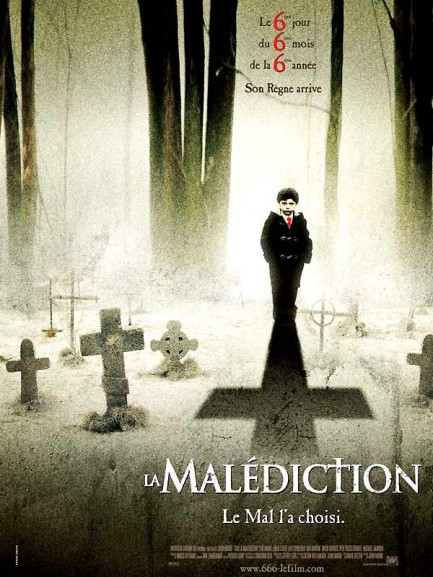 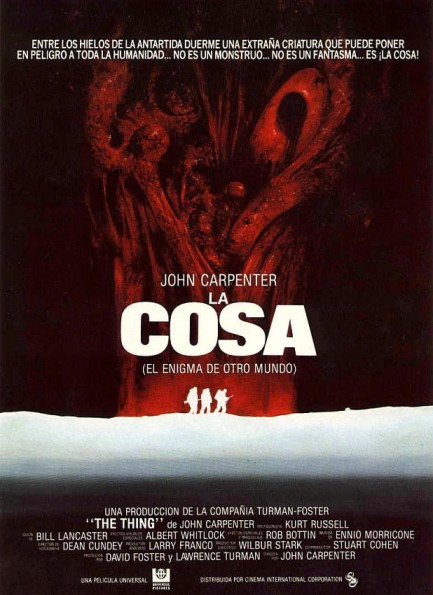 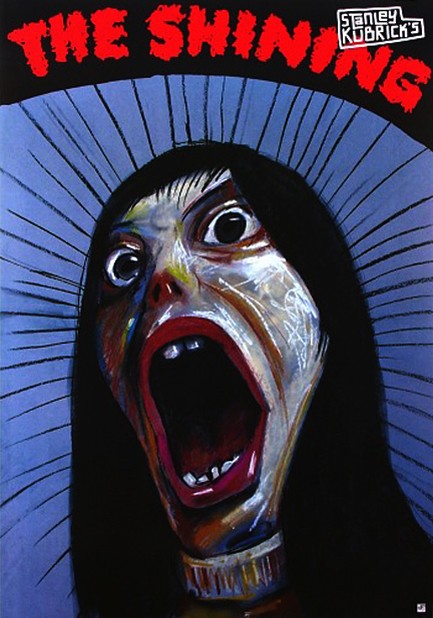 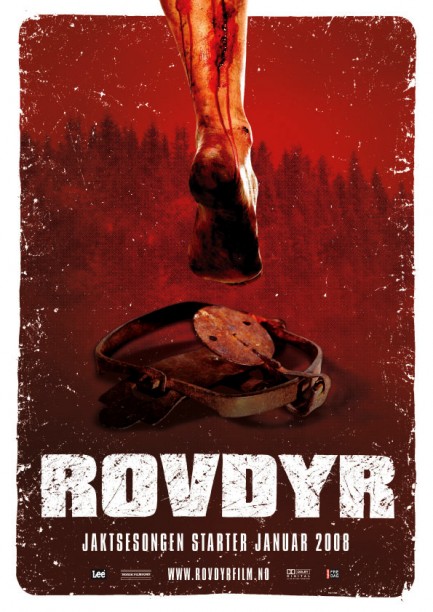 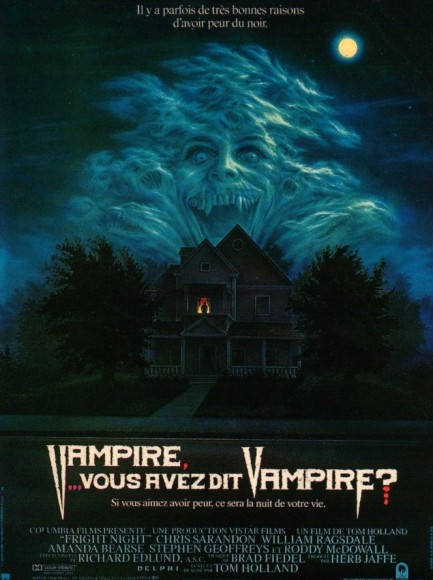 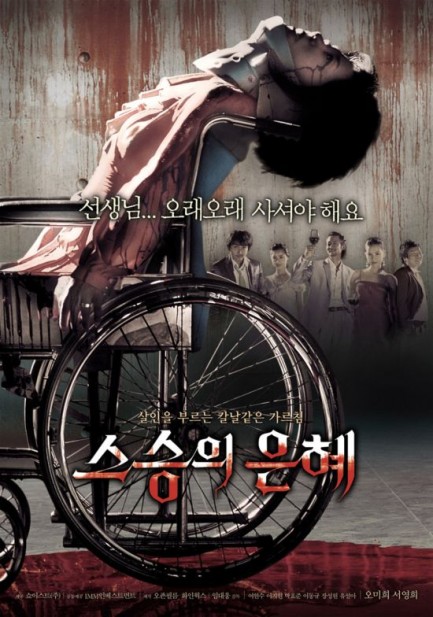
Above is a worldwide assortment of the creepiest posters we could find in honor of Halloween. Interestingly, Halloween is getting more popular internationally all the time. Where we live it was virtually ignored as recently as ten years ago, but nowadays it’s not a rarity to see both kids and adults dressed in costumes for the occasion. Trick-or-treating hasn’t quite taken hold, just because the layout of the communities don’t really allow for it, but adopting new personas or playing characters is something everyone seems to love, no matter where they live. Everyone likes a good scare, too, and these films do the job nicely. They are Halloween, Halloween again, Rosemary’s Baby, Zombie Holocaust, The Girl Who Knew Too Much, Squirm, Return of the Living Dead 2, The Shuttered Room, Evil Dead 2, Hellraiser, Suspiria, The Incredible Shrinking Man, Vampire Women, The Omen, The Thing, The Shining, Backwoods, Fright Night, and Seuseung-ui eunhye. Happy trick-or-treating.
|
 |

The headlines that mattered yesteryear.
2003—Hope Dies
Film legend Bob Hope dies of pneumonia two months after celebrating his 100th birthday. 1945—Churchill Given the Sack
In spite of admiring Winston Churchill as a great wartime leader, Britons elect
Clement Attlee the nation's new prime minister in a sweeping victory for the Labour Party over the Conservatives. 1952—Evita Peron Dies
Eva Duarte de Peron, aka Evita, wife of the president of the Argentine Republic, dies from cancer at age 33. Evita had brought the working classes into a position of political power never witnessed before, but was hated by the nation's powerful military class. She is lain to rest in Milan, Italy in a secret grave under a nun's name, but is eventually returned to Argentina for reburial beside her husband in 1974. 1943—Mussolini Calls It Quits
Italian dictator Benito Mussolini steps down as head of the armed forces and the government. It soon becomes clear that Il Duce did not relinquish power voluntarily, but was forced to resign after former Fascist colleagues turned against him. He is later installed by Germany as leader of the Italian Social Republic in the north of the country, but is killed by partisans in 1945.
|

|
|

It's easy. We have an uploader that makes it a snap. Use it to submit your art, text, header, and subhead. Your post can be funny, serious, or anything in between, as long as it's vintage pulp. You'll get a byline and experience the fleeting pride of free authorship. We'll edit your post for typos, but the rest is up to you. Click here to give us your best shot.

|
|





 the tension that results from not knowing—usually, at least—which characters will survive. We love how the films' kinetic and often low budget natures lead to amazing little accidents, such as the bit in The Texas Chainsaw Massacre when Leatherface grabs Teri McMinn on the porch of his house and both the girl's sandals fly off. That sort of detail isn't in a script. It happens during the shoot, and the director thanks the filmic gods for the extra iota of serendipitous realism.
the tension that results from not knowing—usually, at least—which characters will survive. We love how the films' kinetic and often low budget natures lead to amazing little accidents, such as the bit in The Texas Chainsaw Massacre when Leatherface grabs Teri McMinn on the porch of his house and both the girl's sandals fly off. That sort of detail isn't in a script. It happens during the shoot, and the director thanks the filmic gods for the extra iota of serendipitous realism.



 has shown it to be better and more influential than The Lost Boys, which was discussed at length. If you doubt that, note that Near Dark's critic score on Rotten Tomatoes is 88%, while Lost Boys' is 27%. Critics are often wrong, especially when it comes to horror, but that level of variance is no fluke. And just to settle the argument, the audience rater on that website also prefers Near Dark. We suspect either box office receipts or Roth's personal preference played a role there, when quality should have been the deciding factor.
has shown it to be better and more influential than The Lost Boys, which was discussed at length. If you doubt that, note that Near Dark's critic score on Rotten Tomatoes is 88%, while Lost Boys' is 27%. Critics are often wrong, especially when it comes to horror, but that level of variance is no fluke. And just to settle the argument, the audience rater on that website also prefers Near Dark. We suspect either box office receipts or Roth's personal preference played a role there, when quality should have been the deciding factor.




























































































